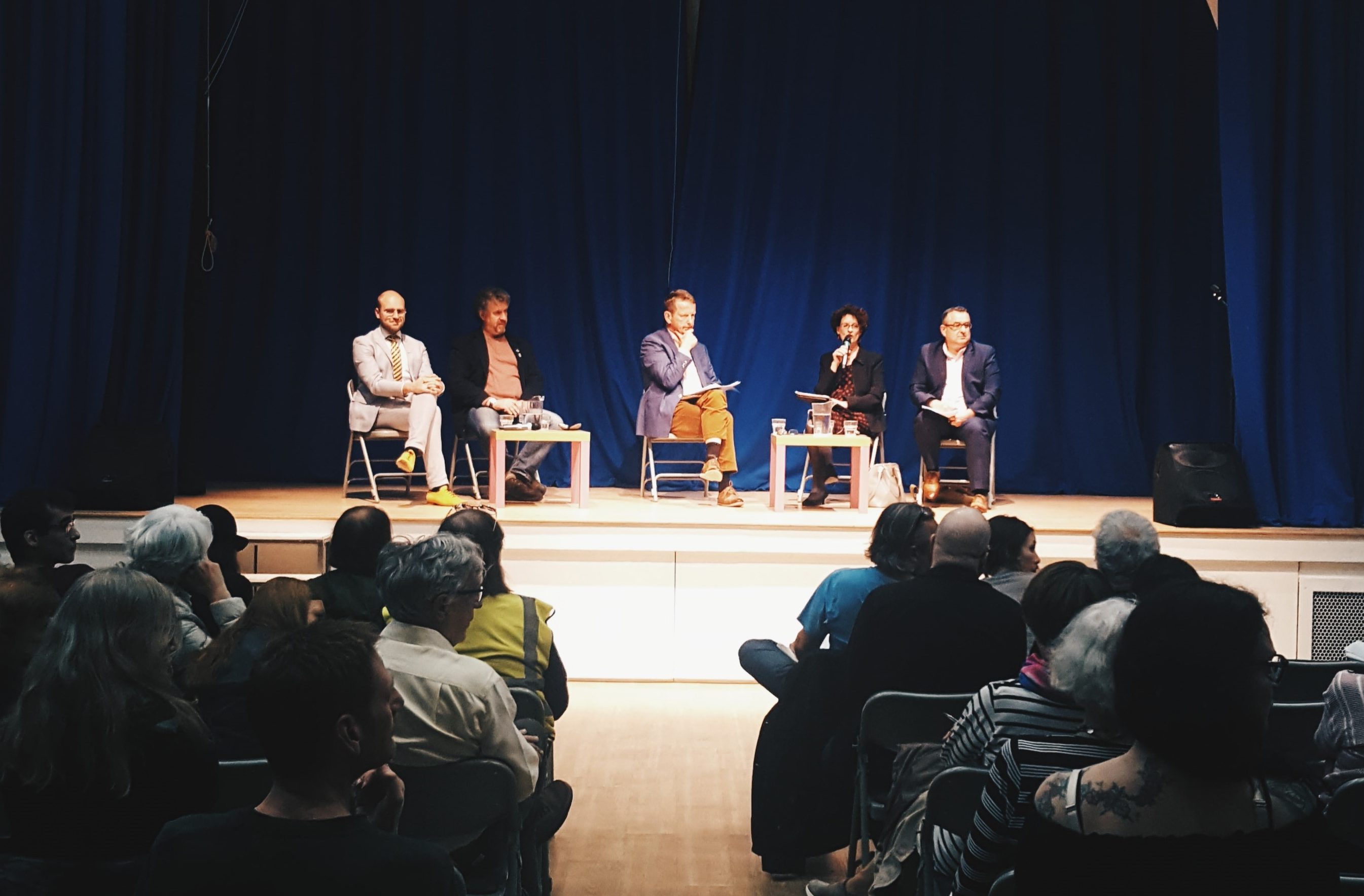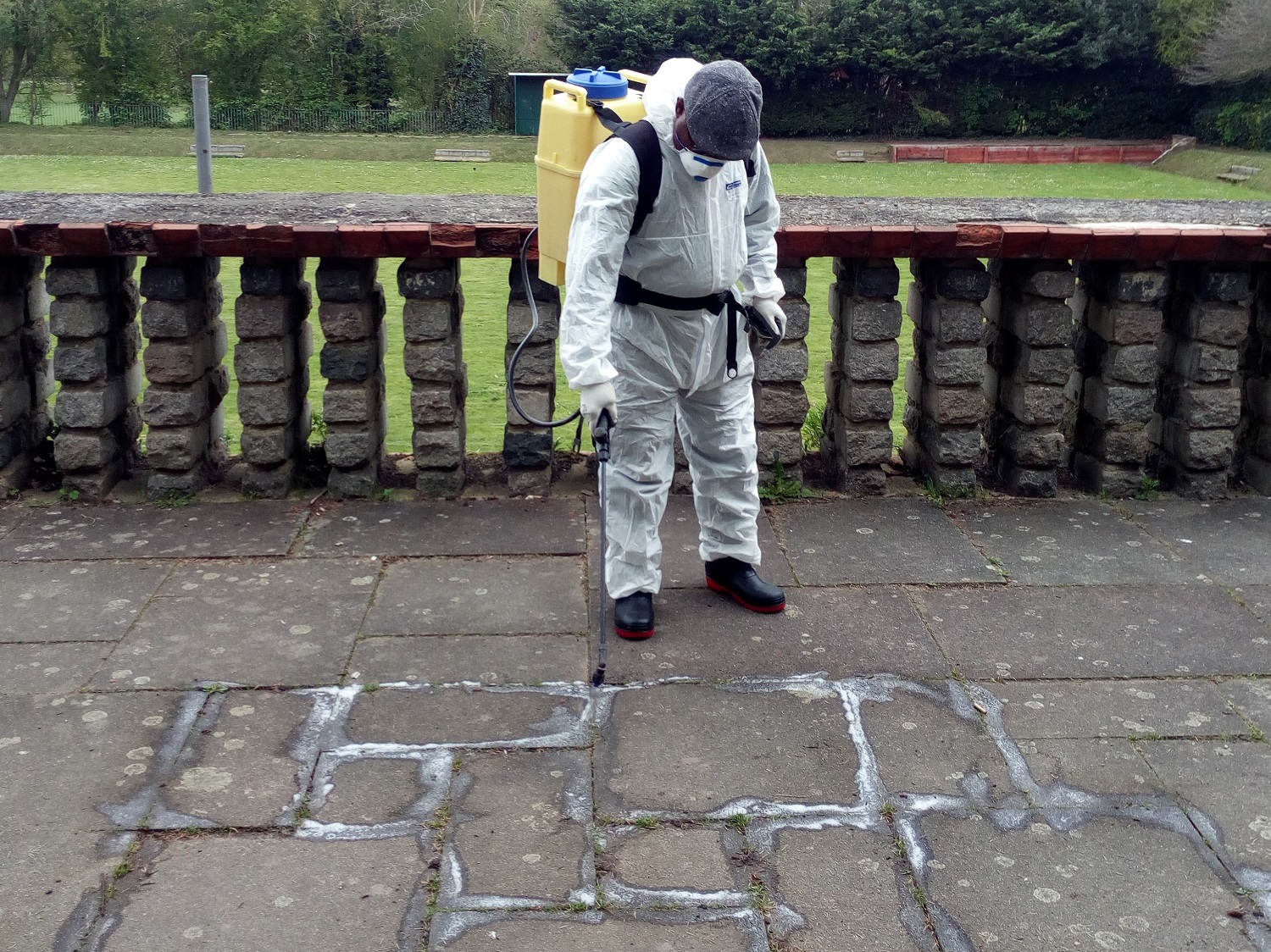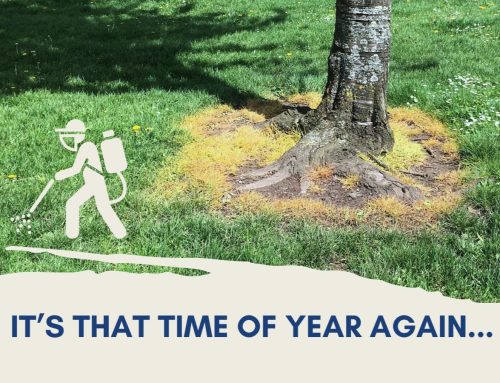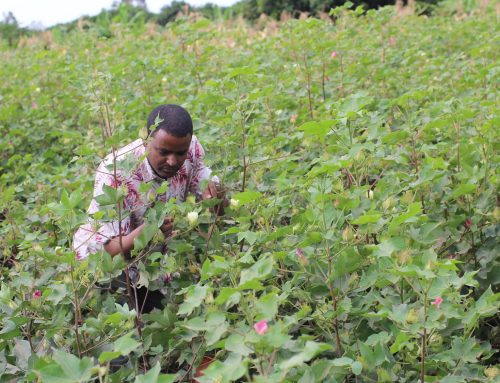by Josie Cohen, Brighton & Hove resident and Head of Policy & Campaigns, PAN UK
We were disappointed to read recent articles by The Guardian, Sunday Times and Daily Mail attacking Brighton & Hove City Council for their ban on urban pesticides. These articles completely ignore the human health benefits of ending pesticide use in urban areas.
More than three-quarters of the pesticides sprayed in UK towns and cities contain the weedkiller glyphosate, classified by the World Health Organisation as a ’probable human carcinogen’. Children are particularly vulnerable to the impacts of pesticides because their bodies are still developing and glyphosate received approval in 2017 under the condition that its use was “minimised in public spaces” due to health concerns.
The UK is lagging behind countries like France which banned pesticides from urban areas four years ago. Cities like Montreal and New York have introduced restrictions, as have a third of London boroughs, including Hammersmith & Fulham which has been pesticide-free since 2016.
This issue is not party political. Brighton & Hove Council’s commitment to go pesticide-free was made in 2019 when Labour was in charge. The Conservative’s London Mayoral manifesto promised to “work with local councils to phase out pesticide use”. In 2019, Councillor Nemeth, who is quoted in a number of the articles, pledged to work towards going pesticide-free if elected.

All major political parties commit to end Brighton & Hove Council’s use of pesticides (Brighton & Hove Environment Hustings – April 2019)
Stopping pesticide use is not about rewilding. It’s about ending the outdated use of toxic chemicals where we live, work and play. While some areas (like road verges) can be left to grow, others must be cleared and we were saddened to hear that two women have sustained injuries from tripping on weeds, we wish them the speediest of recoveries. But non-chemical alternatives to pesticides are widely available and have already been adopted by eighty UK councils.
The past months have presented particular challenges with Covid-related staff shortages and erratic weather driving weed growth. While there may be teething problems as we transition away from pesticides, towns and cities in the UK and beyond have proven that if we work together to find solutions we can usher in a healthier and more sustainable future for both people and wildlife. Brighton and Hove City Council has our full support as they work to protect the health of residents and phase-out the use of pesticides in urban spaces.

Spraying weedkiller on pavements in Lewisham. Credit Iris Borgers.





